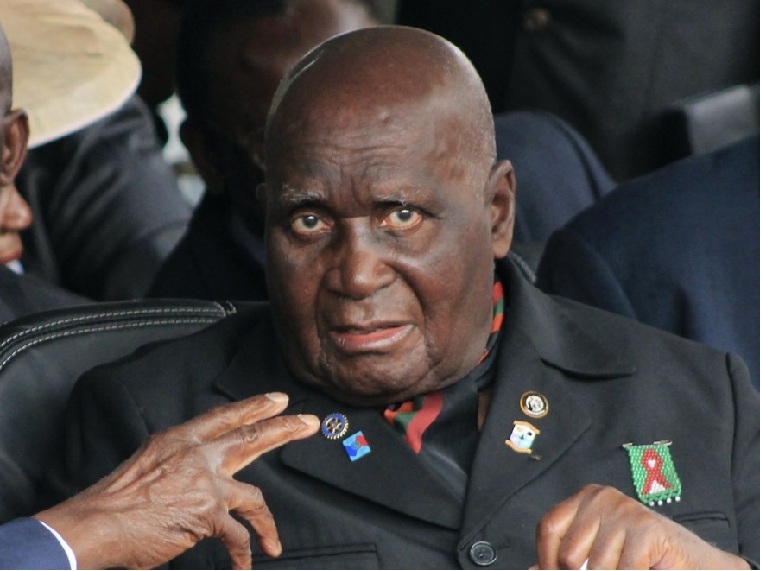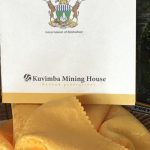The troublingly ahistorical treatment of Kaunda’s life and career begins, however, at a much earlier stage. Few of the obituary writers even bothered to mention the crippling legacy of European colonialism in Zambia, as in most of Africa’s newly minted countries in the early 1960s. Europeans had done precious little to prepare their erstwhile ostensible wards for success. This meant few roads or other infrastructure, and little education. How little? Britain left Zambia at its birth with no universities and only 0.5 percent of its youth even completing primary school. Such as it existed, the country’s economy consisted of copper mining, which was held entirely in foreign—mostly British—hands, leaving most of Zambia’s people either to subsist in the darkness of their villages—here meant literally, without electricity or most of the other amenities that we usually take for granted—or to pin their hopes on a life of dangerous and low-paid migrant labor in South Africa.
Kaunda quickly took up the challenge of education and by 1966 had created schools in every district of the country. Hemmed in by hostile Rhodesia and South Africa, meanwhile, he set about forging new international relationships for his nation, reaching out to the Soviet bloc, but remaining proudly independent of it as he helped solidify the emergence of the new, so-called Non-Aligned Movement.
Contrary to most of the recent portraits, this was a leader who played a weak hand with boldness and imagination. Kaunda’s Zambia helped usher Beijing into the United Nations in 1965 and was rewarded soon afterward with what by some measurements remains the largest foreign assistance investment that China has ever made: a $500 million railway linking landlocked Zambia to the Indian Ocean via neighboring Tanzania. The United States had notably refused to back the project, which allowed Zambia to bypass hostile South Africa and Rhodesia, and therefore maintain its political independence.
In their consensus view that Kaunda was a failure in his economic stewardship of the country, the obituary writers committed perhaps their most egregious, but hardly unprecedented, oversight. What is most remarkable when one considers the record of his independence-era peers in Africa is how nearly all of them would have to be described as having failed when one applies the narrowest of conventional journalistic yardsticks, as these writers do.
This includes a range of progressives, some of whom were arguably much further to the left than Kaunda. Consider Kwame Nkrumah, of Ghana, who, spurned by the West, reached out to the Soviet Union for help in building the huge Akosombo Dam to power his ambitions for rapid industrialization based on an aluminum industry he aspired to build by drawing on the country’s large bauxite reserves. Consider Sekou Toure, of Guinea, who spurned his country’s former colonial ruler, the French, believing that it was preferable to leave his land’s enormous mineral reserves in the ground, where they would be conserved for future generations, rather than submit to Paris’ continued economic and political domination. Consider Julius Nyerere, of Tanzania, who sought to institute a new form of African socialism built on collective efforts to improve lives in rural villages, where most of the population lived, and thereby achieve greater national self-sufficiency. They all received negative verdicts just as sweeping as the ones just issued on Kaunda.
Continued next age
(161 VIEWS)

